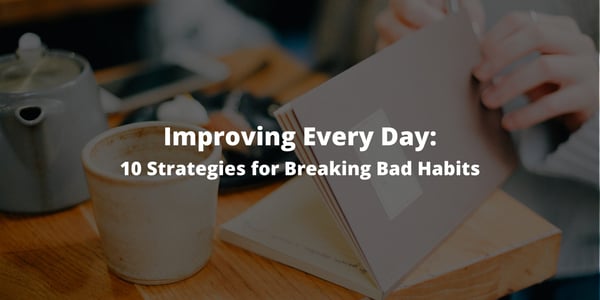Are you looking for ways to serve your community or improve the world, but it's challenging to...
11 Tips To Overcome Hunger Cravings and Maintain a Healthy Diet
5. Don't Skip Meals
As mentioned earlier, skipping meals can lead to intense hunger cravings. Make sure to eat breakfast, lunch, and dinner every day, even if you're not particularly hungry. This can help keep your hunger levels in check and may also help you make healthier food choices throughout the day.
6. Keep Healthy Snacks on Hand
When hunger strikes, it can be tempting to reach for unhealthy snacks like chips or cookies. To avoid this, keep healthy snack options like fruit, nuts, or whole grain crackers on hand, so you have something healthy to turn to when you're feeling hungry. This can help you avoid making poor food choices when you're in a rush or feeling hungry.
7. Practice Mindful Eating
Instead of eating mindlessly while watching TV or scrolling through your phone, take the time to sit down and focus on your food. This can help you eat more slowly and pay attention to your hunger and fullness cues, which can help you stop eating when you're satisfied. It can also help you enjoy your food more and appreciate the flavors and textures of what you're eating.
8. Try Incorporating More Fiber Into Your Diet
Fiber is a type of carbohydrate that is not digested by the body, so it can help keep you feeling full and satisfied for longer periods of time. Good sources of fiber include whole grains, fruits, vegetables, and legumes. Incorporating more fiber into your diet can help stop hunger cravings and may also have other health benefits, such as lowering cholesterol levels and improving bowel function.
9. Try Stress-reducing Techniques
Stress and emotional eating can sometimes go hand in hand. If you find that you're reaching for food as a way to cope with stress, it may be helpful to try some stress-reducing techniques like meditation, deep breathing, or exercise. These activities can help you manage your stress in a healthy way, which may, in turn, help reduce your food cravings.
10. Avoid Triggers That Lead to Cravings
Do you find that you have a particular food that you crave at a certain time of day or after a certain activity? By identifying these triggers, you can work to avoid them and find alternative ways to cope with them. For example, if you tend to crave sweets after dinner, try keeping healthy dessert options on hand or distracting yourself with a hobby or activity instead.
11. Exercise Regularly
Regular physical activity can help reduce hunger cravings by increasing feelings of fullness and satisfaction. It can also help boost your mood and reduce stress, making it easier to resist the temptation to turn to food for comfort. Try to incorporate 75+ minutes of vigorous-intensity aerobic activity or 150+ minutes of moderate-intensity aerobic exercise into your weekly routine. This can include activities like walking, cycling, or swimming.
12. Keep Track of What You Eat
Sometimes, hunger cravings can be a result of not getting enough of certain nutrients or eating too much of certain types of food. By keeping track of what you eat, you can better understand your eating habits and identify areas where you might need to make changes. You can use a food diary, a nutrition tracking app, or simply write down what you eat and drink in a notebook. This can help you make more informed choices about what to eat and may also help you identify patterns in your eating habits that may be contributing to your hunger cravings.
Hunger cravings can be a common problem for older adults, but they don't have to be. By following these tips, you can improve your overall health and well-being and feel more in control of your eating habits. If you have any concerns about your diet or nutrition, don't hesitate to talk to your doctor or a registered dietitian for additional guidance and support.
Related Content:







